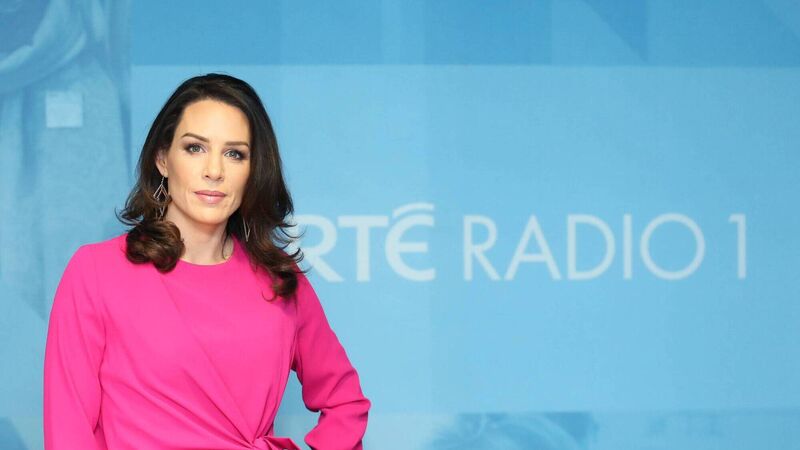RTÉ's Sarah McInerney shares experience of falling victim to text scam

Sarah McInerney shared her experience with Drivetime listeners.
RTÉ’s Drivetime presenter Sarah McInerney has shared her experience of falling victim to a text scam after her bank account was hacked.
The radio personality warned the public about similar scams, sharing advice on what to do if it happens.







